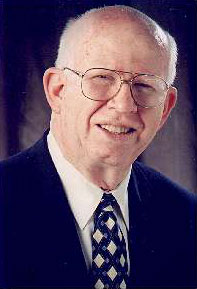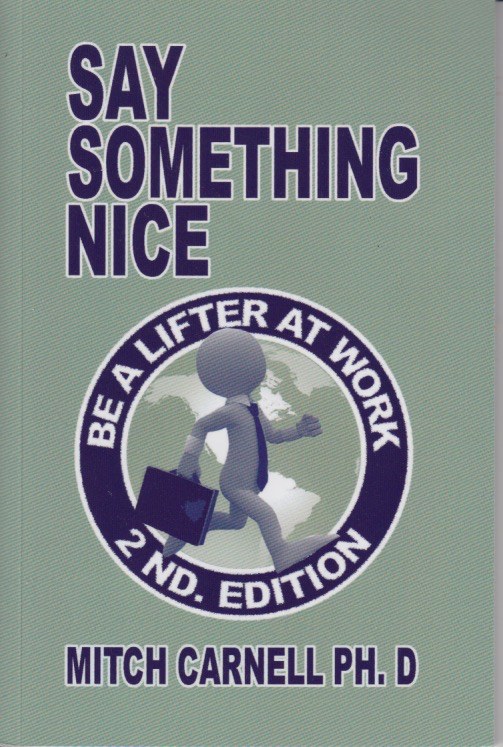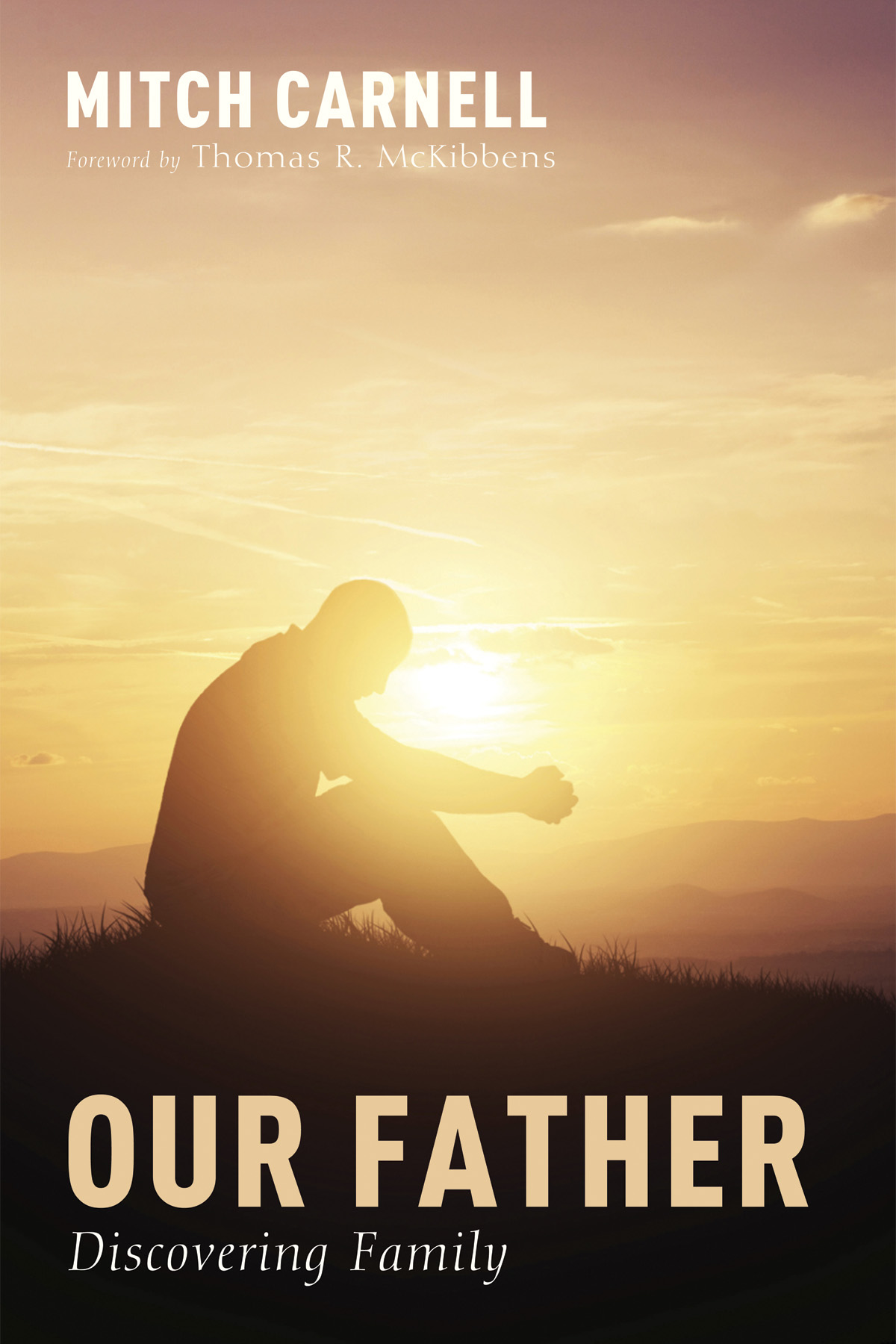www.ethicsdaily.com – By Mitch Carnell – June 23, 2020
The triple effect of the COVID-19 pandemic, the heightened racial unrest and the economic meltdown have converged to make the words we use more impactful than we sometimes realize.
Our words have the power to calm an explosive situation so reason may take hold, or our words can explode the situation beyond repair.
“I understand. I’m sorry. I apologize. I love you. You are the light of the world.”
These are all just words, but would we want to live our life without them?
Many of us live with other words. “You‘re not good enough. You will never amount to anything. You don’t belong here. You are not one of us. You are not welcome here.”
“You’re fat. You’re ugly. You’re too short. You’re too tall. You’re poor. You’re too old. You’re too young.”
These also are just words, but none of us wants to live with them. Unfortunately, too many of us do.
Unless we have been on the receiving end of those words, we have no understanding of how hurtful they are or how long they fester inside of our nervous system.
Words are powerful. They work their way into our nervous system and become part of who we are.
Unfortunately, negative words seem to have more staying power, especially if someone important to us, such as an authority figure like a parent, teacher or clergyperson, speaks them.
In some families, negative words are the only words some children hear. Negative words are used for threats or punishment.
During my teaching career, several of my outstanding African American male graduate students confided in me. “We were made fun of in high school and undergraduate school for getting good grades. Friends said we were being too white.”
Norman Vincent Peale, the famous positive thinker preacher, had it right. He said, “Don’t walk away from negative people. Run.”
Eleanor Roosevelt said, “No one can make you feel inferior without your consent.”
Jessie Jackson said, “You are somebody.”
Jesus said it best, “You are the light of the world.”
These also are just words. They are important words.
For them to become important to us, we must internalize them. We must believe them. We must believe we are unique. We must believe we are worthy.
Tearing other people down has become a sport. It is reinforced over and over in television programs.
Bullying is a major problem on social media. Because it is anonymous, there is no penalty for the bully. Yet, such vitriol has produced countless accounts of lives being lost or damaged.
We hear it constantly in our political campaigns. It has become commonplace to savage the opponent rather than to counter her or his ideas.
There is a better way.
In an October 2008 campaign rally, the late U.S. Sen. John McCain set a high standard when he responded to a woman who called Barack Obama an Arab.
“No ma’am,” McCain said. “He’s a decent family man, a citizen that I just happen to have disagreements with on fundamental issues, and that’s what this campaign is all about.”
This incident is considered by many to be one of the late senator’s highest moments.
Changing what we say to and about other people is hard work. Ensuring we are informed enough to form our perspectives about issues and people based on facts rather than rumors, falsehoods and conspiracy theories is even harder. It takes a conscious effort and it cannot be done overnight.
We might need to post notes to ourselves to remind us to think before we speak.
We may need to arm ourselves with lists of positive words and phrases or with Bible verses to show us how to make those changes.
Take it one person at a time. Remember, “Out of the overflow of the heart, the mouth speaks” (Luke 46:6).
Hardest of all, we may need to change the company we keep. Some people delight in pulling others down. Their influence is so toxic we may need to walk away.
The challenge comes from those who ridicule our efforts. “Saying something nice is so superficial. You’re just saying that. What do you really think? Come on now. Get off of your high horse.”
We are bombarded with so much ugliness in our world today neither you nor I can control; however, what we can control is our own behavior.
You and I can covet not to add our voices to the mix. We can agree to take control of what we say and to say only those things that build people up and that contribute to the well-being of everyone concerned.
Mitch Carnell is a member of First Baptist Church of Charleston







